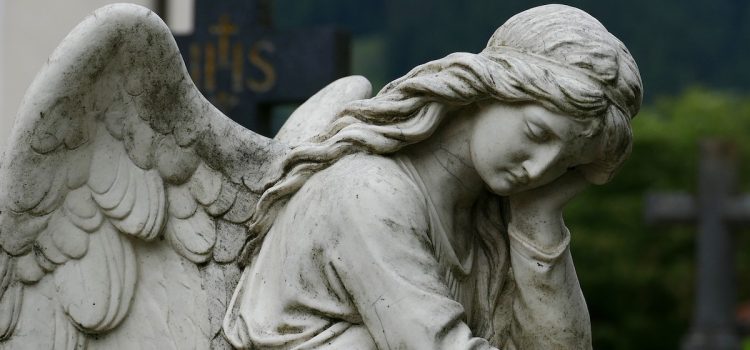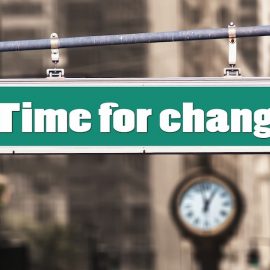

This article is an excerpt from the Shortform book guide to "The Daily Stoic" by Ryan Holiday and Stephen Hanselman. Shortform has the world's best summaries and analyses of books you should be reading.
Like this article? Sign up for a free trial here.
Do you consider your mortality? Is thinking about death a good idea or a bad one?
The Stoic philosophers thought it wise to think about death. They believed that considering life’s brevity has a way of getting us to focus on what matters most. In The Daily Stoic, Ryan Holiday and Stephen Hanselman share insights from the ancient Stoics like this that help us put things into perspective.
Keep reading to learn more about this bit of Stoic wisdom, along with some analysis of their ideas.
Thinking About Death
Stoic philosophers argued that it’s a good idea to think about death. For them, keeping death in mind was a way to focus on living better: Life is finite, so we’d better use it well.
(Shortform note: Some studies suggest that thinking about death does help us live better, but others indicate that it can cause us to become more prejudiced and greedy. Terror Management Theory (TMT) argues that people who fear death compensate by acting out of self-preservation. So while thinking about death may be wise advice, it should be balanced by an awareness that fearing death could lead to negative behaviors.)
They reasoned that time is one of our most valuable possessions. We have a limited allotment of it that can’t be renewed, and each moment brings us closer to death. Therefore, they suggested that we treat time with the value it deserves—don’t give it away without getting something of value in return. The authors suggest, for example, that you say no to most requests on your time. Social gatherings and meetings rarely provide enough benefit for the time you spend on them, as they see it.
(Shortform note: In Essentialism, Greg McKeown reiterates this view, arguing that we should focus on doing only a few things well. To him, like the Stoics, most things that command our time and attention are unimportant. A key way to avoid being overwhelmed by these unimportant things is to say no. McKeown offers a practical tip for making this easier: Accept that you might be unpopular for a little while when you say no. This is just a temporary setback, however, because people usually come to respect you more when they see how you value your time.)
To the Stoics, your time should be used to build your character and live virtuously in the world. If you manage to live for a long time, they argued, you should have something to show for all that spent time. You should have wisdom, strength of character, and a track record of virtuous actions. The authors thus advise that you focus on cultivating those attributes now so that you’re ready when death comes.
(Shortform note: This begs the question: What did the Stoics believe happened after death? The answer to this draws on their broader system of thought. The Stoics believed that pneuma—the breath of life—pervaded all matter, thought, and souls in various degrees of “tension.” Some Stoics believed that the souls of wise humans would continue, separate from the body, while the souls of unwise humans would be destroyed or reabsorbed into the cosmic pneuma. So, for these Stoics, preparing for death was a matter of what would become of the soul. Modern Stoics who don’t share these views may simply be motivated to live well in the present so they can avoid regrets at the end of life.)
Death, according to the Stoics, levels the playing field. The wealthy and the poor, the high-status and the low-status, the strong and the weak—we all share the same fate, explain the authors. Keeping this in mind, the Stoics believed, would help you overlook superficial differences between people and recognize that life gives us all one shared opportunity: to live virtuously.
(Shortform note: The Stoics, like modern psychologists, recognized that it’s common for humans to compare themselves to one another. Experts find that we do this consciously and unconsciously, sizing up how our skills and possessions rank in the social hierarchy. Studies show that the way we evaluate ourselves in the social hierarchy may have an impact on our health and well-being. By minimizing our perceived differences, we can improve our sense of status and stave off the negative consequences of comparison.)

———End of Preview———
Like what you just read? Read the rest of the world's best book summary and analysis of Ryan Holiday and Stephen Hanselman's "The Daily Stoic" at Shortform.
Here's what you'll find in our full The Daily Stoic summary:
- Insights from ancient Stoic philosophers on how to live a good life
- Stoic practices you can follow on a daily basis
- Why you should think about death more often






